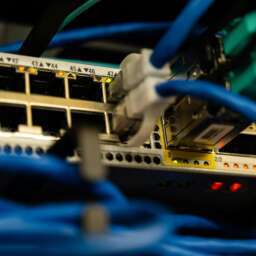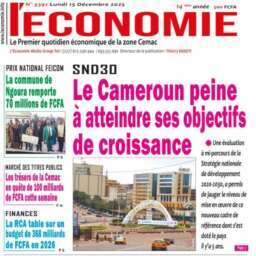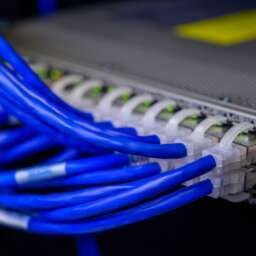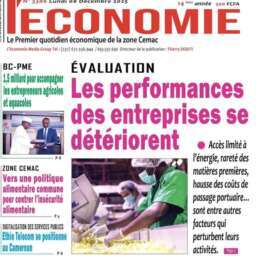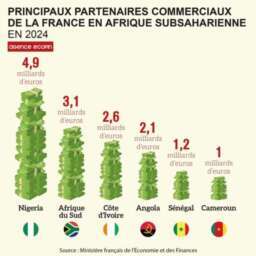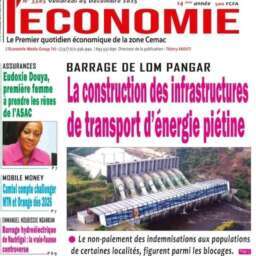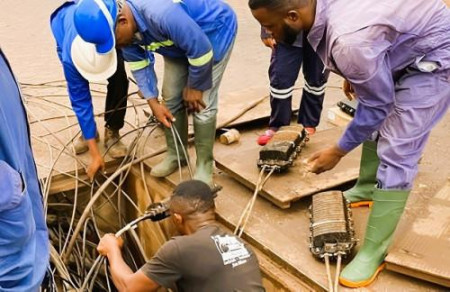(Business in Cameroon) – The Telecommunications Regulatory Board (ART) initiated a new restricted tender on May 12, 2025, for an audit of Cameroon’s national fiber optic network. The move comes amid persistent criticism over the quality of telecom services across the Central African nation.
The operation, estimated at 350 million CFA francs, aims to assess the performance and integrity of the fiber optic network operated by Camtel, the historical operator and exclusive concessionaire of this critical infrastructure.
According to the notice signed by ART Director General Philémon Zo’o Zame, three bidders are vying for the contract: the Telecam/Tactis consortium, the HLB ACP Central Africa consortium, and Telec.
Camtel manages the network, handling its maintenance and reselling access to other operators. This technical monopoly has long fueled tensions with direct competitors, notably Orange Cameroon and MTN Cameroon, which frequently accuse the state-owned operator of causing outages and disruptions affecting their subscribers.
Previous Audit Found “Ongoing Degradation”
This is not the first time ART has scrutinized the national fiber optic system. In September 2024, the regulator published the findings of a damning audit on the network’s management. That report, commissioned by the government following repeated complaints over mobile service quality, described an infrastructure “in a state of ongoing degradation, with current maintenance conditions needing reassessment.”
At the time, ART highlighted several aggravating factors, including “an insufficient electricity supply for operator infrastructure, difficulties in fuel procurement for technical sites, particularly in major cities, as well as frequent breaks in fiber optic cables.”
In response to these criticisms, Camtel underscored its strategic importance in the sector, stating in a public declaration, “We are the guarantors of Cameroon’s digital sovereignty.” The company affirmed its commitment to “systematically tak[ing] measures to ensure continuous communication, even in the event of incidents.”
This new audit could either corroborate or refute the effectiveness of those measures. It also seeks to lay the groundwork for improved regulation of telecom infrastructure sharing across Cameroon.
Ludovic Amara



